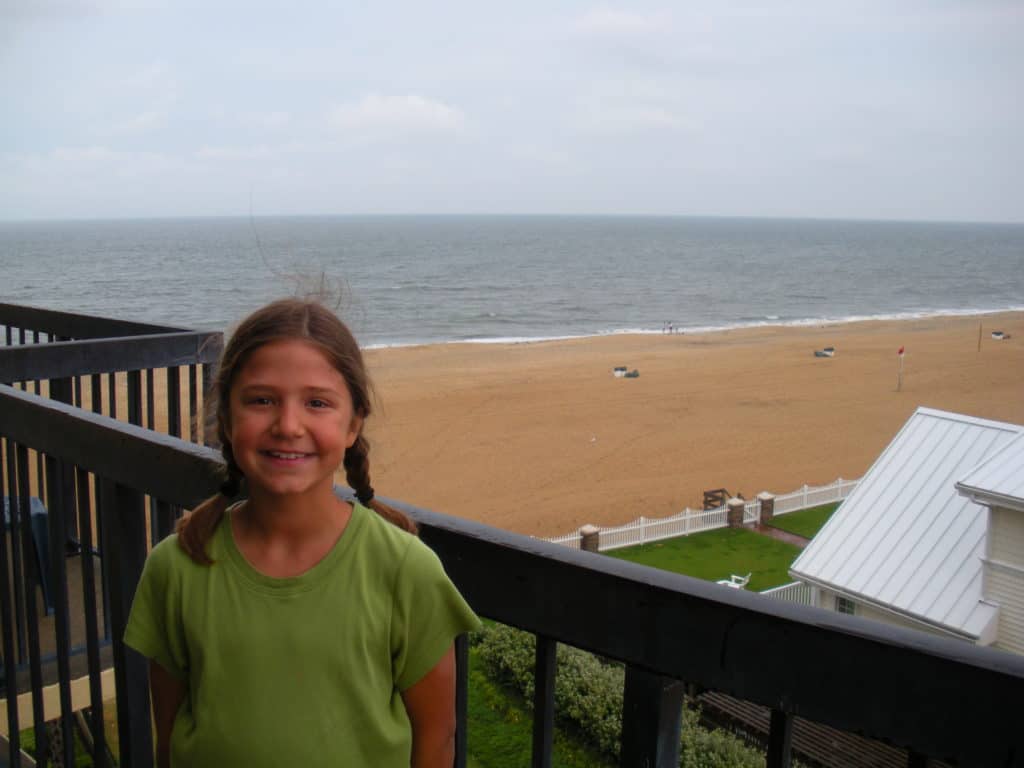
Watt Watchers of Texas was established in 1985 to help schools save money by saving energy. In the early years, Watt Watchers primarily focused on the Student Patrol Program, where students would walk through the hallways of their school in groups looking out for signs of wasted energy (such as lights left on in unoccupied rooms.) To help the school improve, the Student Patrols would then give a “ticket” reminding those who left lights on to switch them off next time. This process gave students a sense of responsibility and ownership of their school, and a special power to make a difference in the environment.
Since then, the Watt Watchers program has grown and evolved. While Watt Watchers still helps schools create their own Student Patrols, today the program’s online resources give visitors access to videos, games, timely blog posts, activities and lessons that K-12 students can use to learn more about energy and sustainability. This growth and development has been overseen by author, professor, and energy expert Dr. Michael E. Webber at The University of Texas at Austin. Dr. Webber also oversees the Webber Energy Group (WEG,) a research organization that analyzes energy and environmental problems at the intersection of engineering, policy, and commercialization. The students, researchers, and staff who work at WEG are passionate about sustainability and energy conservation so it's no surprise that one WEG researcher is also a former Watt Watcher.
After participating as a Watt Watcher in elementary school, Kelsey Richardson grew up wanting to make a difference in the energy industry. Richardson’s fourth grade teacher Mrs. Thomas, at Oak Hill Elementary School, introduced her class to the energy saving program. Although Watt Watchers is voluntary, Kelsey jumped at the opportunity to help her school and the environment.
“Most of what I remember during my time as a Watt Watcher involved walking around the elementary school and switching off the lights in unoccupied rooms,” Richardson said. “I also was given a binder with Watt Watcher tips and a Watt Watcher pencil. I remember feeling very official and like my job was saving the world.”
Being environmentally conscious and making proactive decisions about energy use was always a priority at Richardson’s home. Turning off the lights when leaving a room and taking shorter showers in the summer were some of the habits her father instilled in her from a young age and were contributing factors when deciding to become part of the Student Patrol.
Today, young people are very aware of environmental problems around the world. An that surveyed 10,000 people between the ages of 16 and 25 in 10 different countries discovered that the majority of the participants were incredibly worried about the environment and believed that the world's governments are not doing enough to combat climate change. These attitudes have only become more widespread over time, but programs like Watt Watchers can help. Through hands-on activities and lessons, educators and parents are able to provide an outlet where students can actively create green habits and help reduce the stress environmental change can cause. As Richardson recollects, “my fourth-grade self saw these behaviors as small steps towards saving the world from climate change, a global issue which terrified little anxious me.”
Once in high school, Richardson’s curiosity for energy-saving led her to a school mentorship program that connected students to industry professionals. This is where she met Dr. Webber. Through his mentorship, she was given the opportunity to attend research presentations from engineers of all different disciplines on a multitude of energy research projects. Realizing the applicability that engineering can have on conservation and sustainability she was inspired to pursue her passion for green energy through an engineering degree.
“I was deciding between chemical engineering and environmental engineering for my major. After talking to some folks at UT, including some WEG members, I was given the advice that a chemical engineer can do most of the same jobs as an Environmental engineer, plus additional Chemical Engineering specific jobs,” she says. “As an 18-year-old who couldn’t plan for a week from now, let alone four years from now, the additional flexibility that came with a chemical engineering degree sounded very appealing.”
Dr. Webber’s mentorship and Richardson’s participation as a WEG member gave her exposure to research projects and opened doors for jobs. As an undergraduate research assistant for WEG, she worked on projects relating to the accessibility of utility solar programs, the utilization of interstate highway right-of-ways for solar energy generation, and the equity of decarbonization of the Texas grid. And in early 2021, everything came full circle for Richardson when she helped create virtual learning resources for Watt Watchers during the COVID-19 pandemic. Kelsey was able to take her school experiences, research knowledge, and fond memories of Watt Watchers and turn them into lessons to help inspire young students.
In May 2021 Richardson earned her bachelor's degree in chemical engineering and a certificate in environment and sustainability. She is now pursuing a Ph.D. in chemical engineering at The University of California, Santa Barbara.
Previous generations seem to have swept environmental issues under the rug, while the consequences of pollution and global warming have become more apparent over time. The next generation of students has the opportunity to make a huge impact in saving the planet. Watt Watchers not only helps students learn about the importance of energy and water sustainability and conservation, but for some students - like Kelsey Richardson - it might also put them on a path to a career in energy.
The world needs more innovative minds like Richardson working to solve the problems that have been created. If you are an educator or a parent, consider using Watt Watchers at school and at home - starting an energy patrol today might lead to a rewarding career in energy tomorrow.

We'd love to help answer any questions and help you get started! Drop us a line and we'll get back to you as soon as we can.
Watt Watchers of Texas
204 E. Dean Keeton Street, Austin, Texas 78712
contact@watt-watchers.com
Nos encantaría contestarle cualquier pregunta que tenga y ayudarle empezar! Envíenos un mensaje y nos pondremos en contacto con usted lo antes posible.
Watt Watchers de Texas
204 E. Dean Keeton Street, Austin, Texas 78712
contact@watt-watchers.com